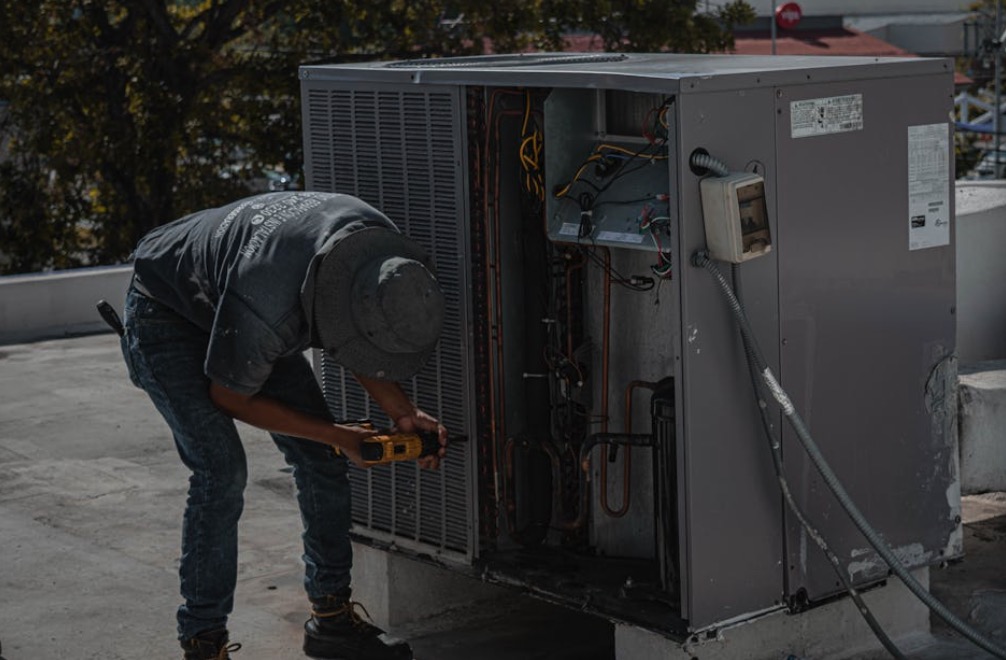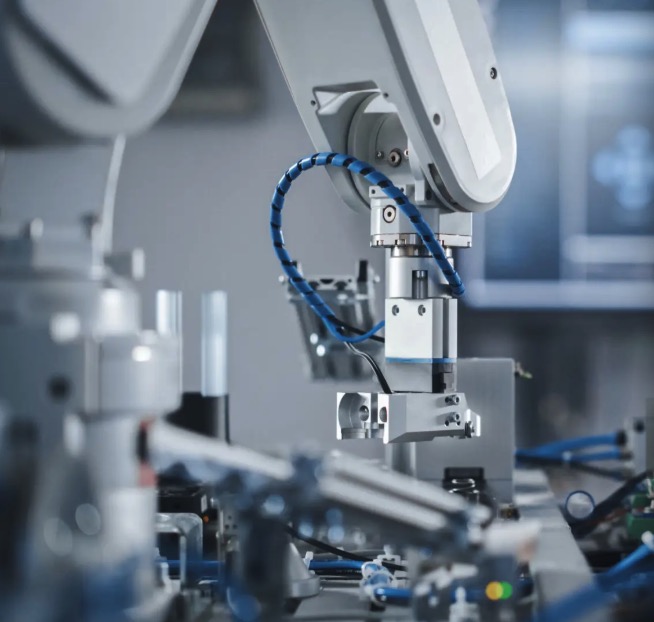Honeywell HVAC Sensors – Enhancing Comfort and Energy Efficiency
Article Summary
Introduction
Honeywell is a leading provider of HVAC sensors that play a crucial role in enhancing both comfort and energy efficiency in buildings. These sensors are designed to monitor and control various aspects of the heating, ventilation, and air conditioning systems, ensuring optimal performance and user satisfaction.
Benefits of Honeywell HVAC Sensors
Honeywell HVAC sensors offer a range of benefits for residential, commercial, and industrial applications:
- Improved Comfort: By accurately measuring temperature, humidity, and air quality, Honeywell sensors help maintain a comfortable indoor environment.
- Energy Savings: With precise control over HVAC systems, energy waste is minimized, leading to significant cost savings on utility bills.
- Enhanced Efficiency: HVAC sensors optimize system performance, ensuring that heating and cooling are distributed evenly throughout the space.
- Smart Automation: Integration with smart home or building automation systems allows for seamless control and customization of HVAC settings.
Different Types of HVAC Sensors by Honeywell
Honeywell offers a comprehensive range of HVAC sensors to meet various needs:
- Temperature Sensors: These sensors measure and monitor indoor and outdoor temperatures to control heating and cooling systems effectively.
- Humidity Sensors: Honeywell’s humidity sensors help maintain optimal moisture levels, preventing mold growth and enhancing occupant comfort.
- C02 Sensors: By monitoring carbon dioxide levels, these sensors enable efficient ventilation and ensure good indoor air quality.
- Occupancy Sensors: These sensors detect occupancy and adjust HVAC settings accordingly, optimizing energy usage in unoccupied areas.
Installation and Maintenance
Proper installation and regular maintenance play a critical role in maximizing the performance of Honeywell HVAC sensors:
- Professional Installation: It is recommended to have HVAC sensors installed by qualified technicians to ensure correct placement and calibration.
- Calibration checks: Regular calibration checks should be performed to maintain accuracy and reliability.
- Cleaning and Inspection: Dust and debris can compromise sensor performance, so periodic cleaning and inspection are essential.
- Timely Replacement: If a sensor becomes faulty or outdated, it should be promptly replaced to avoid potential system malfunctions.
Conclusion
Honeywell HVAC sensors offer an effective solution for achieving comfort and energy efficiency in homes, offices, and other buildings. By leveraging advanced sensor technology, these systems ensure optimal performance and allow for smart control and automation. Whether it’s temperature, humidity, air quality, or occupancy detection, Honeywell provides a diverse range of sensors to meet specific requirements. With professional installation and regular maintenance, these sensors can greatly enhance the performance and longevity of HVAC systems, delivering both comfort and cost savings.




